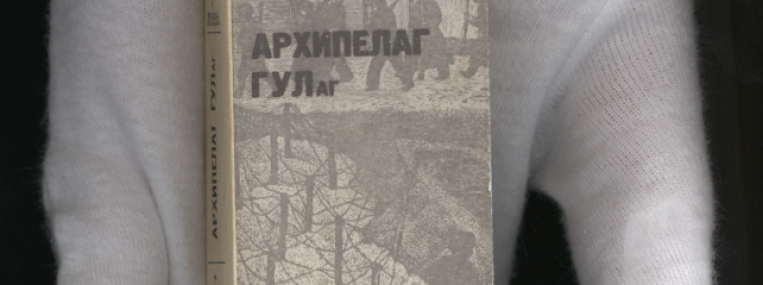Books mean ideas, words, fantasy, the practice of intelligence. Nothing has pushed forward cultural life as much as the invention of printing, nor has anything contributed more to its democratization. From Gutenberg’s times until today, the book has been the best propeller and depositor of knowledge, as well as an irreplaceable source of pleasure.
However, to many its future is uncertain. I recall with anguish a lecture I heard at Cambridge a few years ago. It was entitled “Literacy Is Doomed,” and its thesis was that the alphabetic culture, the one based on writing and books, is perishing. According to the lecturer, audio-visual culture will soon replace it. The written word, and whatever it represents, are already an anachronism since the more avant-garde and urgent knowledge required for the experience of our time is transmitted and stored not in books but in machines and has signals and not letters as its tools.
To read the article, click Download PDF.
About the Author
MARIO VARGAS LLOSA, the 2010 Nobel laureate in literature, is the author of novels, plays, and other writings, including Conversation in the Cathedral (1975), The War of the End of the World (1984), and The Feast of the Goat (2001). He was a Wilson Center fellow in 1980.
